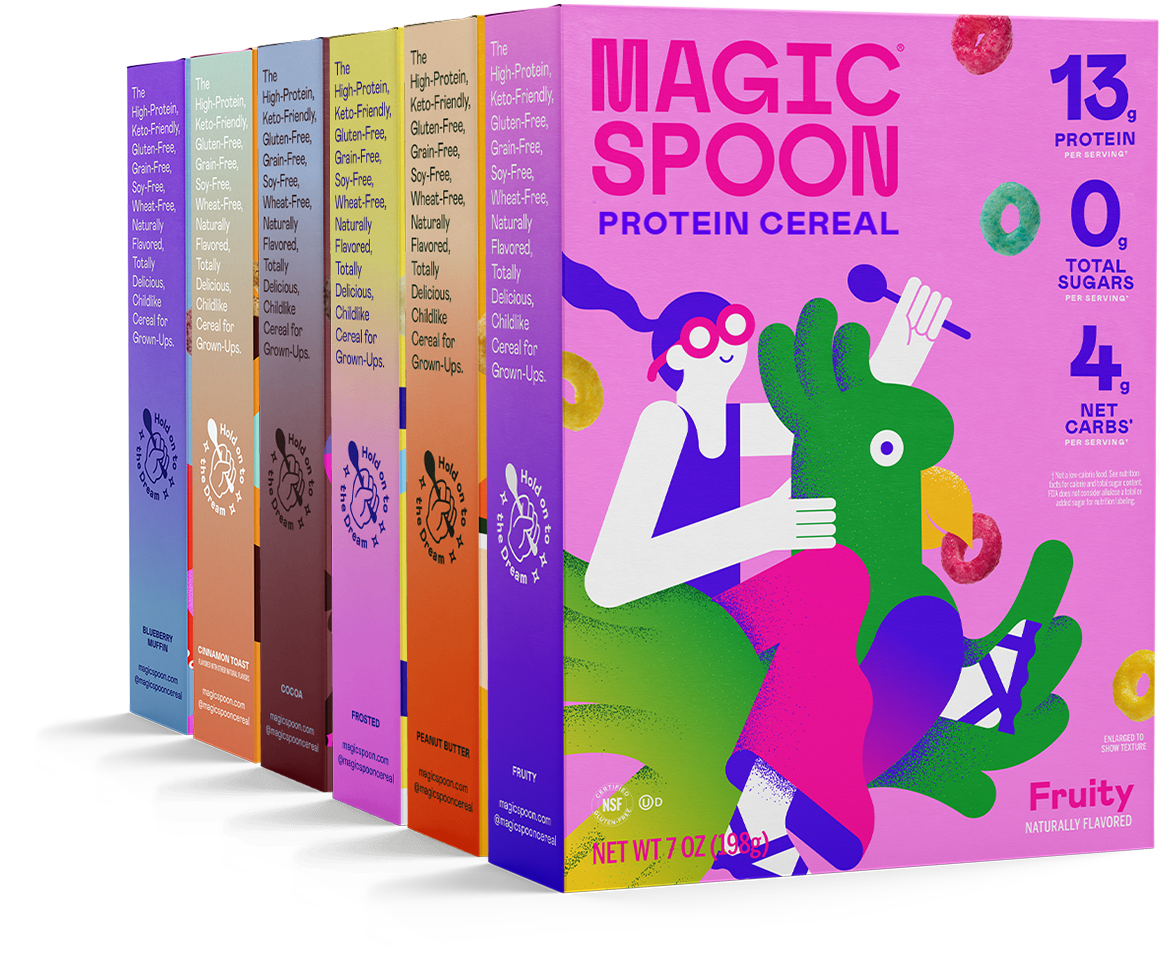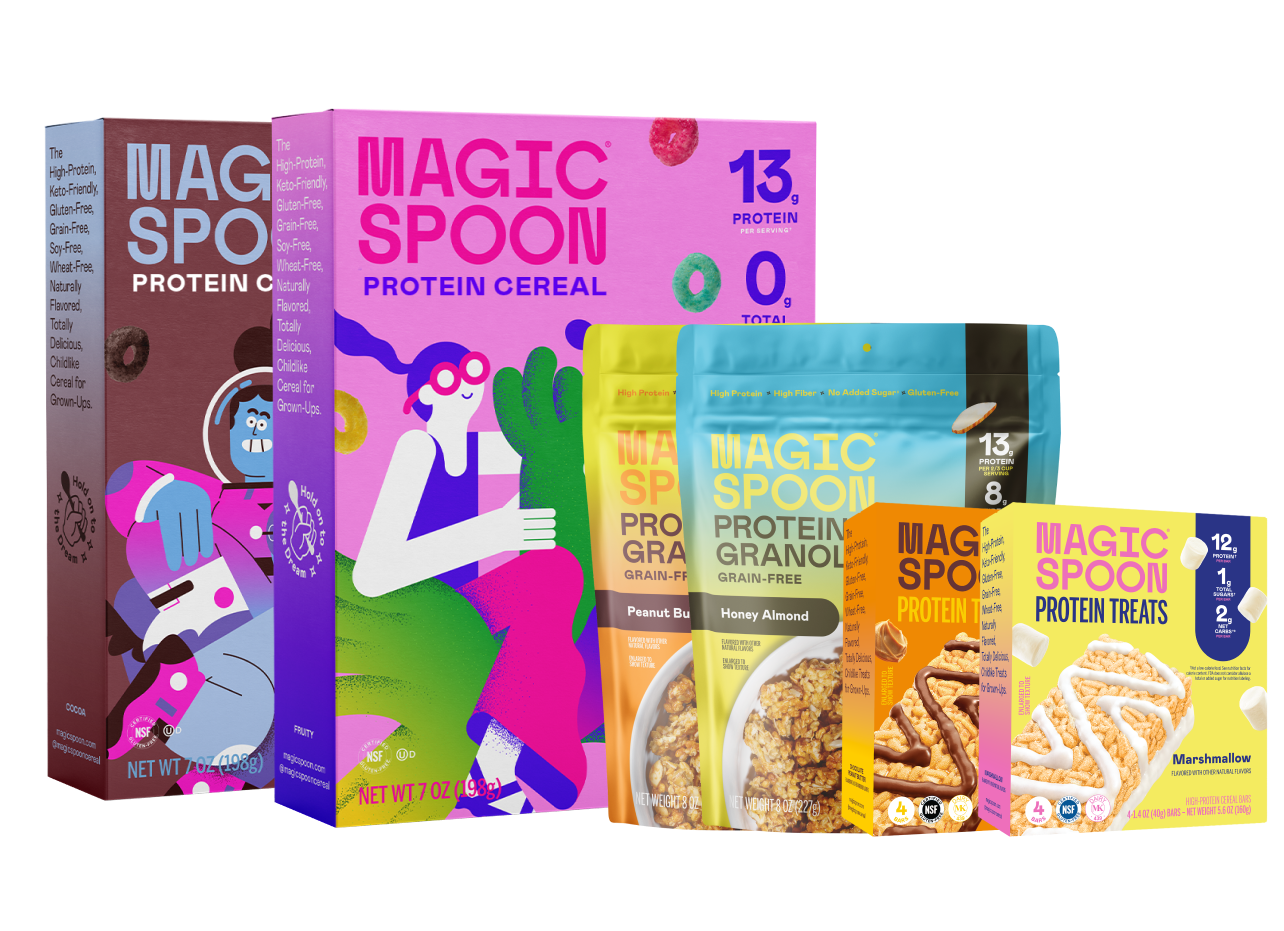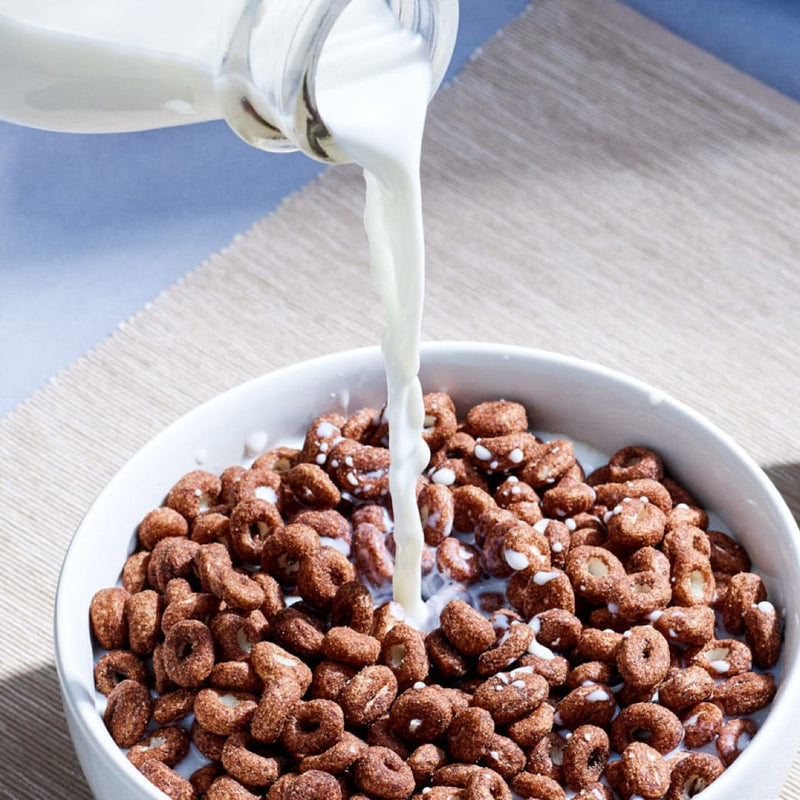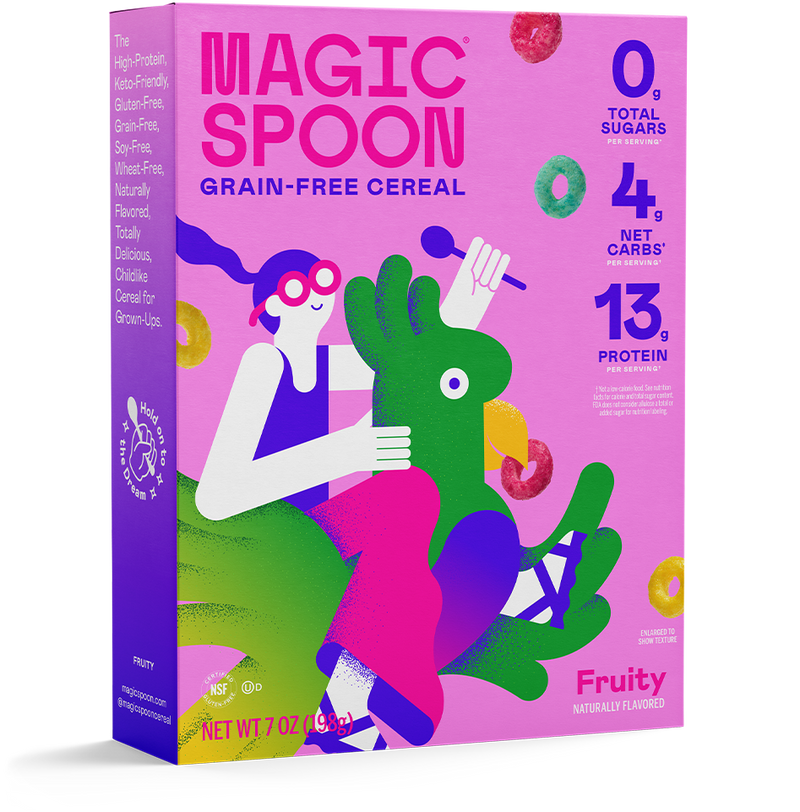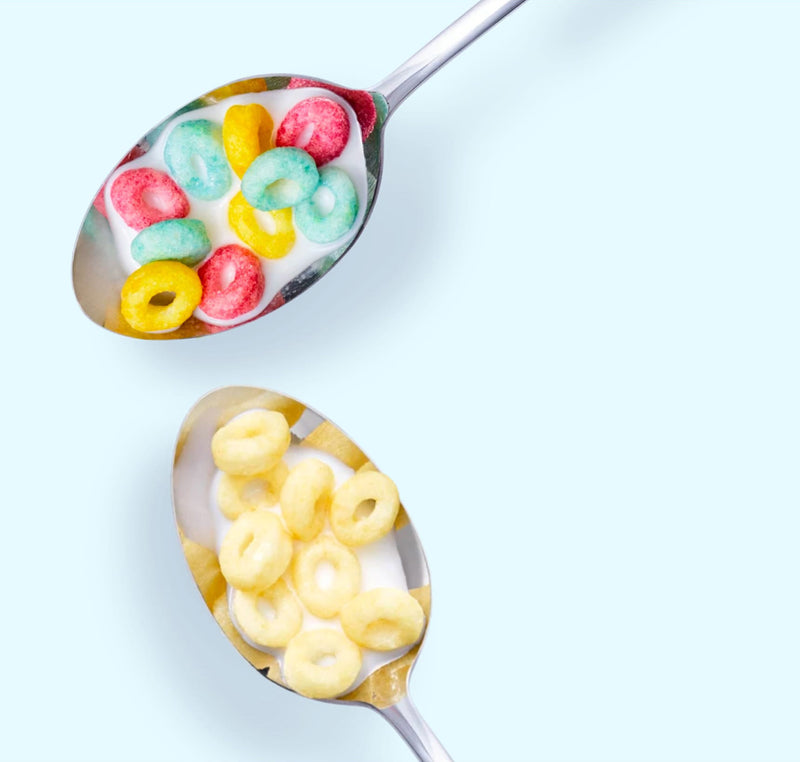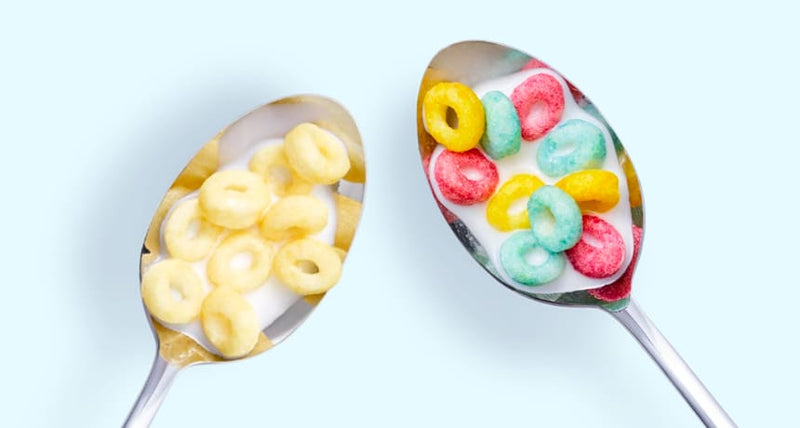All of the milks and milk substitutes available in the grocery store have their own distinct flavor profiles, textures, and health benefits. While there is no right choice in a vacuum, there just might be a right choice for the occasion or for the individual. Here are a few tips about what you can expect from a few different types of milk.
A2 Milk
While it’s definitely a dairy milk and not a proper substitute, A2 milk deserves mention here. Many adults find dairy milk hard to digest and experience indigestion or gastrointestinal discomfort after consuming it. However, A2 milk is gathered from cows that produce slightly different proteins in their milk that make it easier to digest.
For many people, this means it has all the benefits of regular dairy milk with fewer of the drawbacks. By using A2 milk, you can potentially get the rich, creamy flavor and thick texture that’s unique to dairy milk without causing your tummy undue stress. Just like other types of dairy milk, A2 milk tends to be high in fats and proteins.
Oat Milk
Oat milk is a grain-based milk made from soaking oats (yes, the same ones you use to make oatmeal) in water, and it’s been rapidly gaining in popularity in recent years. One of its main advantages is that oat milk is naturally free of the most common allergens. No gluten, soy, or nuts are used in its production. Oat milk has a distinct nutty flavor and is similar in thickness and creaminess to skim milk. It doesn’t add much protein to your diet, but it is high in soluble fiber.
Almond Milk
Perhaps one of the most well-known milk substitutes, almond milk is a flavorful, healthy alternative to dairy. However, almond allergies are fairly common, so almond milk is not safe for everyone to drink. This milk alternative is high in vitamin E, vitamin D, and calcium, but low in protein and fat. It’s slightly thicker than oat milk and has a nice, creamy texture.
Hemp Milk
Another milk substitute that’s gaining in popularity, hemp milk is known for being exceptionally high in protein for a plant-based milk. It also contains a good amount of polyunsaturated fats, which are good for your heart. Hemp milk has a nutty, earthy flavor and is very creamy. It’s also allergen-free. While it might be hard to find in some grocery stores, hemp milk is well worth trying in your next bowl of Magic Spoon.
